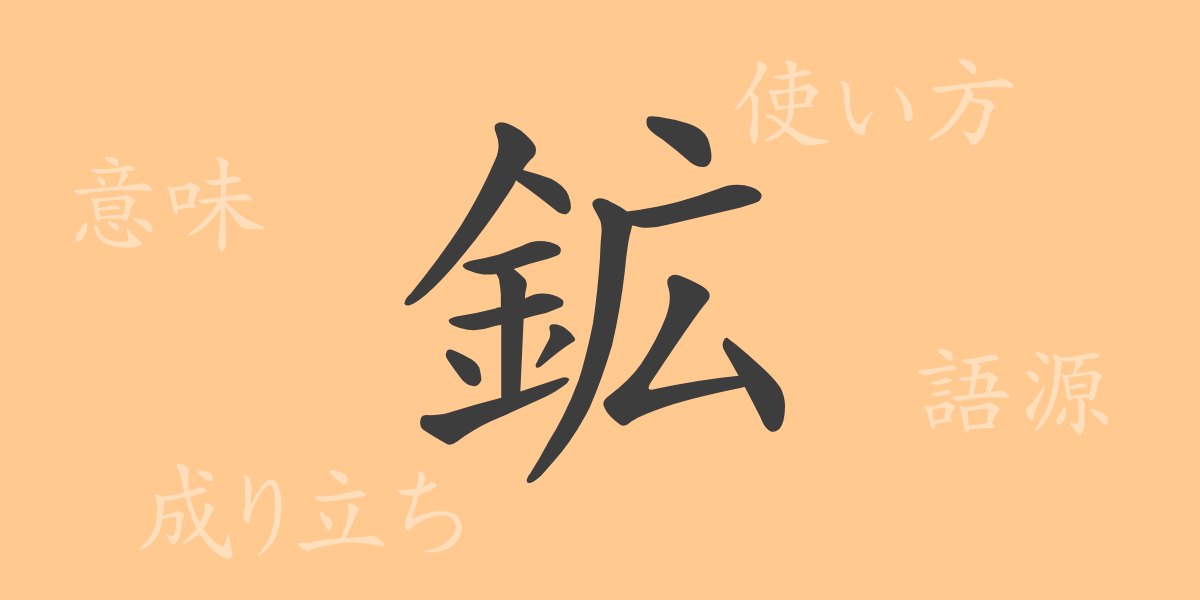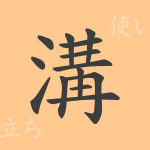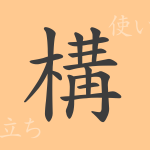Deep within the Earth lies a treasure, known as “鉱(こう).” Our lives are unknowingly supported by this “鉱(こう).” From the framework of buildings to the tiny components in electronic devices, “鉱(こう)” permeates our daily lives in various forms. This article shines a spotlight on the commonly used Japanese kanji “鉱(こう),” delving into its origins, meanings, usage, and its role in our culture.
Origin of 鉱(こう) (Etymology)
The kanji “鉱(こう)” is used in words like “鉱山(こうざん)” which means a mine. This character was created in ancient China to symbolize the act of extracting metals and minerals from the ground. It combines “金(かね)” which means metal, and “広(ひろ)” meaning broad, conveying the idea of obtaining metals from a wide area.
Meanings and Usage of 鉱(こう)
“鉱(こう)” refers to ore veins or places where metals and minerals are mined. In economic terms, it can also refer to the mining industry. It is used in terms like “鉱山(こうざん)” (mine), “鉱物(こうぶつ)” (mineral), and “鉱石(こうせき)” (ore), primarily in the fields of mining and geology.
Readings, Stroke Count, and Radical of 鉱(こう)
As a Japanese kanji, “鉱(こう)” has specific readings and writing rules.
- Readings: On-yomi: こう, Kun-yomi: none
- Stroke count: 13 strokes
- Radical: 金部(かねへん) (metal radical)
Idioms, Phrases, and Proverbs Using 鉱(こう)
Most idioms and phrases that include “鉱(こう)” are related to minerals or metals. For example, “鉱脈(こうみゃく)” refers to a vein of minerals in the ground, and “鉱床(こうしょう)” means a place where minerals are abundantly accumulated. “金鉱(きんこう)” refers to a gold mine, and “鉱物資源(こうぶつしげん)” refers to natural resources in the form of minerals.
Conclusion on 鉱(こう)
The kanji “鉱(こう)” represents natural resources that are closely related to our lives. From its origins to its usage, the meaning of this single character is profound, encompassing essential concepts in economics and science. Even in modern society, the extraction and use of mineral resources are major issues for sustainable development, and we must recognize the value of “鉱(こう)” and use it wisely.

























